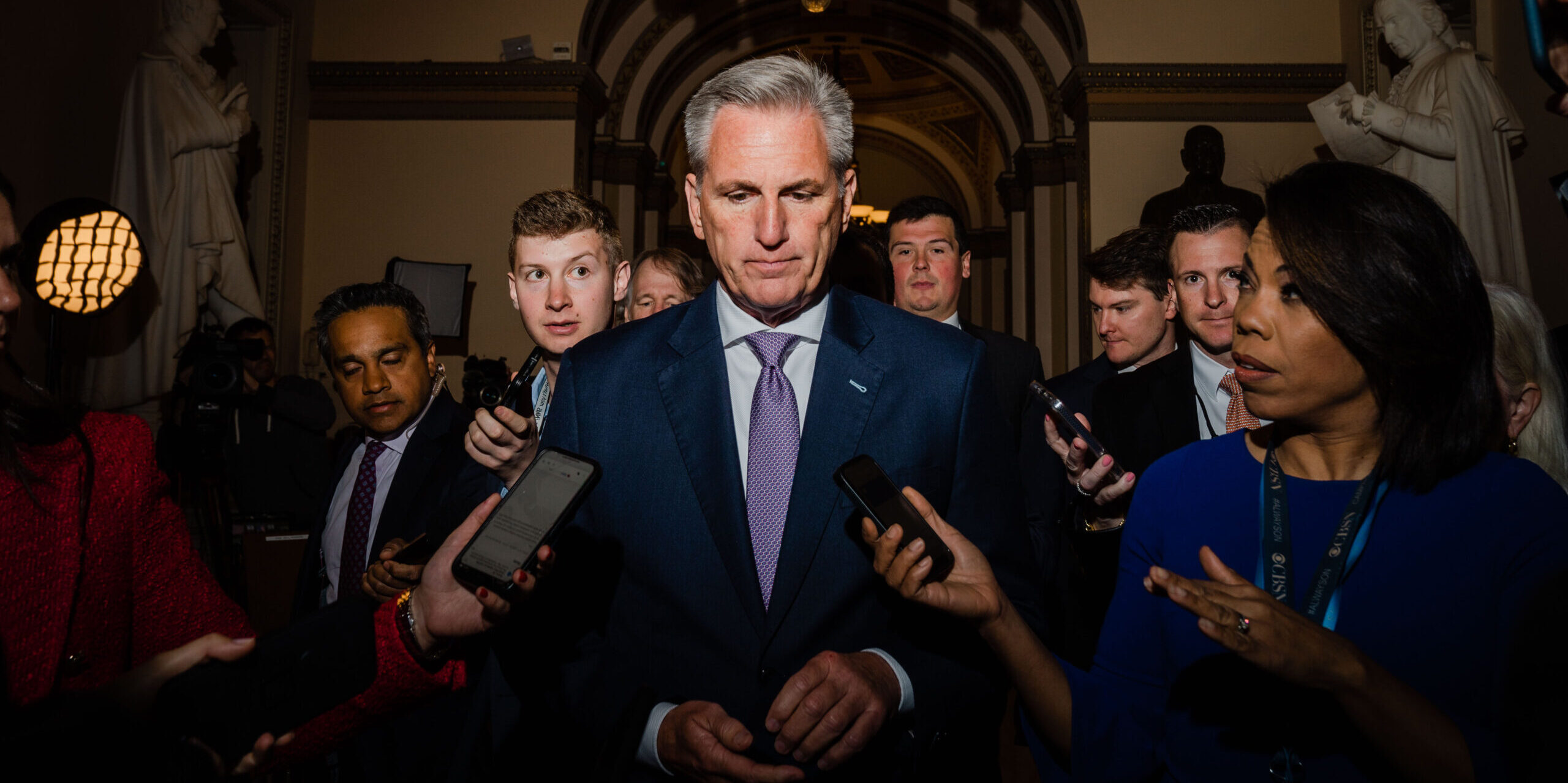This week, Republicans in the House of Representatives are set to vote on whether to raise the American Government’s debt limit, which is currently capped at $31.4 trillion. The so-called “debt ceiling debate” is now a noted fixture in the DC calendar, occurring any time the Republicans control the House and the Democrats control the White House. But there are good reasons to think that this time is different.
Historically, Republicans have typically sought to pressure Democrat administrations to cut so-called “entitlements”. For example, when talks around the debt ceiling took place in the Obama administration, Republicans pressured the then-president to cut social security. But this time around, “entitlement” cuts are off the table. Why? Because they are not popular with the electorate, something the Republicans discovered when Donald Trump campaigned on protecting these programmes and then won the presidency.
Instead, Republicans are taking aim at a kind of spending that is far more partisan in its nature — and far less popular with voters. The GOP is singling out the subsidies to clean energy companies contained in the Biden administration’s Inflation Reduction Act (IRA). They are also focusing on the highly unpopular provision in the bill to massively increase funding of the IRS; most voters, unsurprisingly, do not want more IRS agents to investigate their taxes.
This new tactic seems likely to produce far better political results for the GOP. It will force a debate on how the Biden administration is allocating spending, rather than targeting programmes which benefit most Americans. This will be particularly important should the US economy head into a recession in the coming months. If there are layoffs and Americans are forced to tighten their belts, they will be far less enthusiastic about giveaways to clean energy companies — much less about hiring more tax collectors.
Notably, Republicans are not targeting the more vanilla aspects of the Biden administration’s IRA. There is no sign that they have any problems with the subsidies to the American semiconductor industry or other manufacturing subsidies. This signals a broad acceptance among GOP lawmakers of active industrial policy. It also shows the dangers of turning industrial policy into a partisan issue by spending most of the money on a highly divisive “green” agenda. For every $1 the IRA allocates to semiconductors and general manufacturing, green energy companies get nearly $6.
This iteration of the debt ceiling debate comes at a time when partisan tensions in America are at fever pitch. Since the Republicans seem to have found much firmer political ground on which to take a stand than their classic pitch of “entitlement” cuts, there is every reason to think this could be an uglier fight than we typically see. Markets seem to think so, with the price of CDS insurance against a US sovereign debt default rising higher than any time seen during the Obama administration.
Ultimately, the Republicans will not force a default. They never do. But looking at the way the chips are stacked, it looks like we are in for a drawn-out fight, and this will probably lead to Biden’s signature IRA being gutted. The only alternative is that the Democrats refuse to play ball and revert to using the force majeure of executive power to outmanoeuvre the Republicans, employing one of several legal tricks available. If they do this, however, they will be tearing up yet more long-standing — but increasingly flimsy — norms in American politics. An uncertain few weeks lie ahead.











Join the discussion
Join like minded readers that support our journalism by becoming a paid subscriber
To join the discussion in the comments, become a paid subscriber.
Join like minded readers that support our journalism, read unlimited articles and enjoy other subscriber-only benefits.
Subscribe